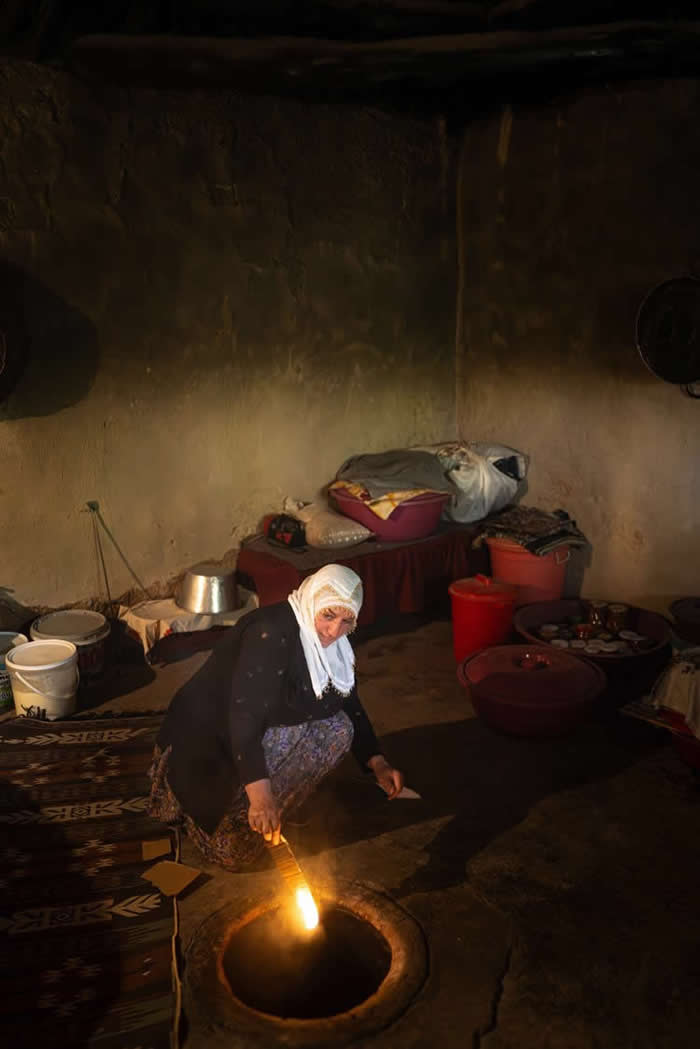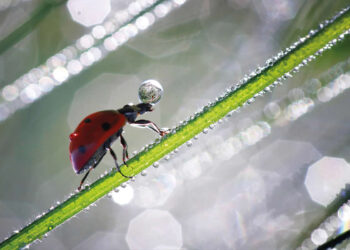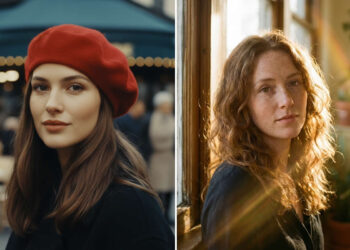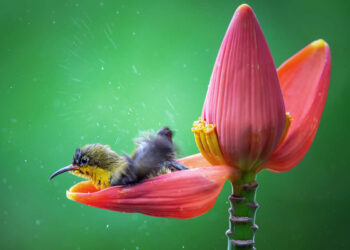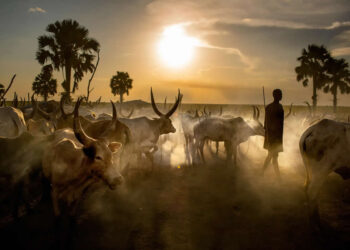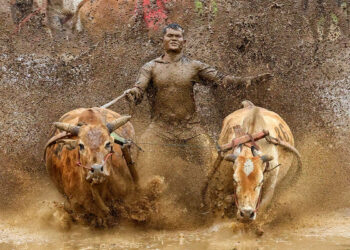Photographer Bruno Lavi’s recent journey through Eastern Turkey has resulted in a striking visual narrative that honors the resilience, grace, and enduring traditions of Kurdish women. Immersing himself in a large Kurdish-populated region, Lavi wandered through timeless villages where stone houses, wandering animals, and narrow alleys formed the backdrop to a culture untouched by modern excess.
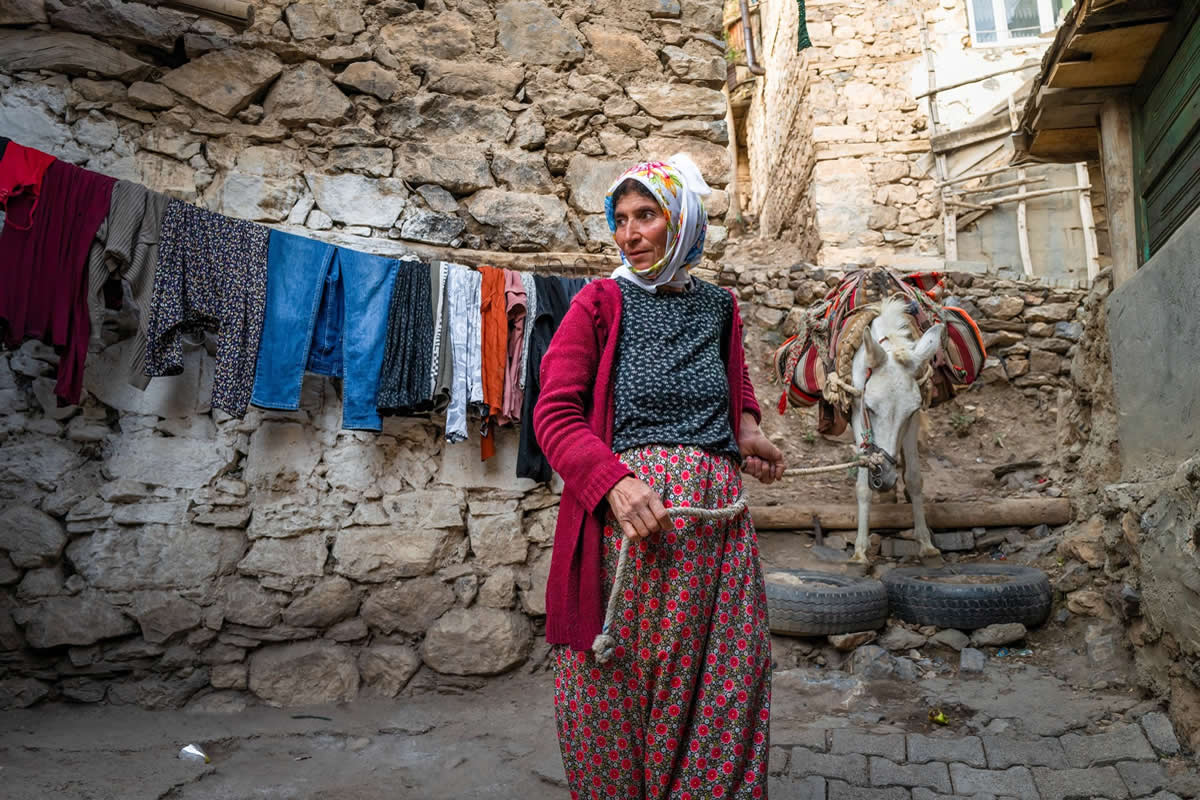
His lens focused naturally on the women—mothers, daughters, bakers, and horse riders—each embodying strength and warmth in their daily rhythms. In one village, Lavi encountered a young woman cooking over a wood stove, the air thick with fragrant smoke and tradition. Though he didn’t ask for a taste, his camera drank in the scene—pots bubbling, light catching the steam, the woman’s calm determination anchoring it all.
Further along, a family welcomed him for tea. There, he witnessed ancient bread-baking methods in a pit oven, handed down for generations. The woman of the house, with firelight dancing on her face, moved with instinctive mastery. Lavi accepted warm bread from her hands, moved by the generosity and silent understanding exchanged through food and presence.
Later, he spotted a girl riding a white horse—radiant, poised, and bold, like a living symbol of Kurdish spirit. Again, it was the women who pulled him in. Not posed, but powerful in their authenticity.
Lavi’s photographs, taken through smoke, sunlight, and deep observation, are more than images—they are intimate tributes to women who carry history, labor, and beauty in equal measure. These portraits reveal not just culture, but connection. As he notes, “Kurdish women are warriors, cooks, and queens of their homes. Photographing them is a privilege—and a lesson in grace.”
You can find Bruno Lavi on the web:
#1
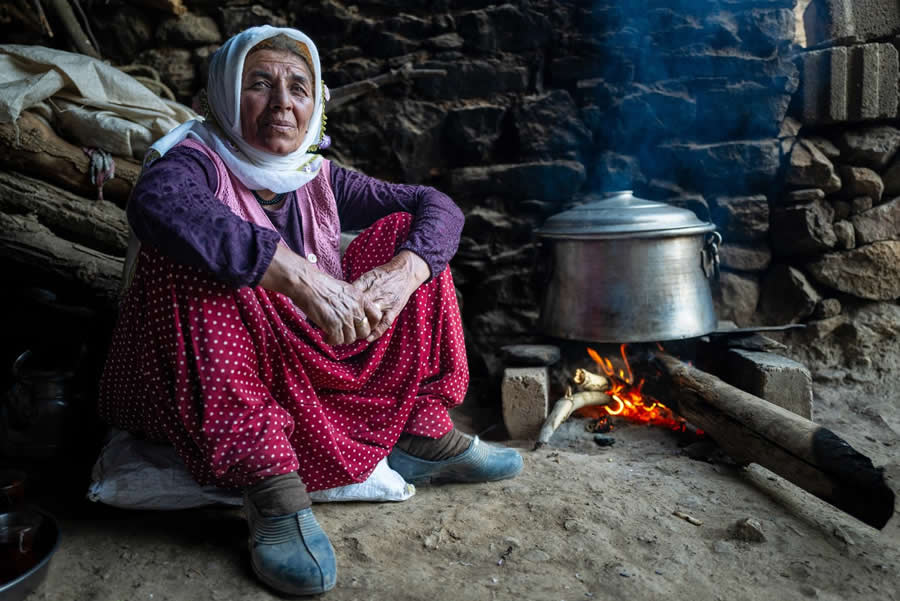
#2
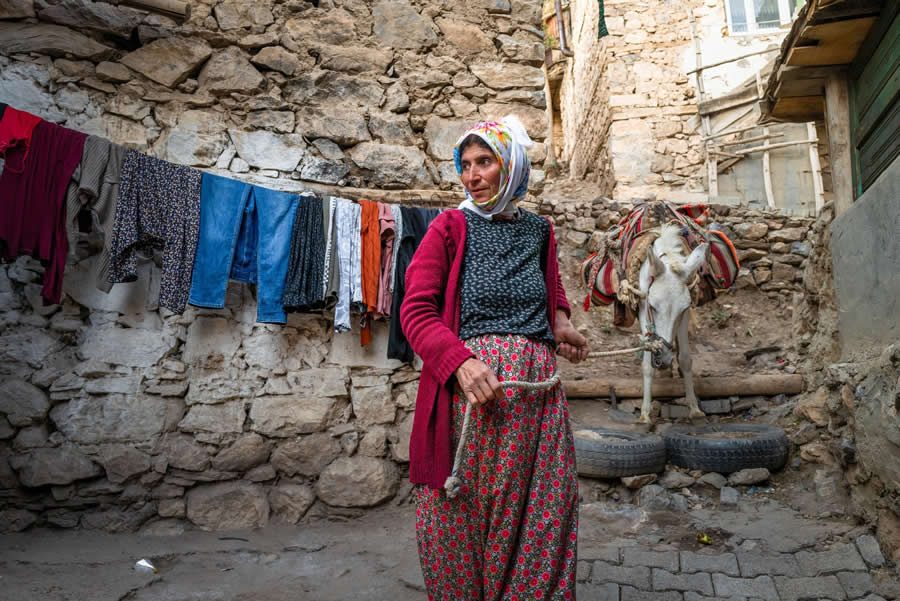
#3
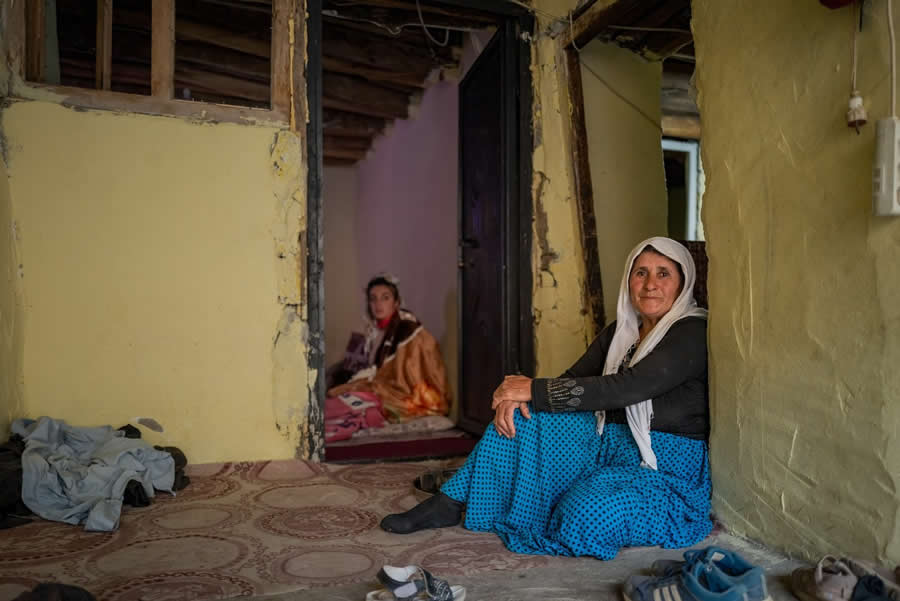
#4
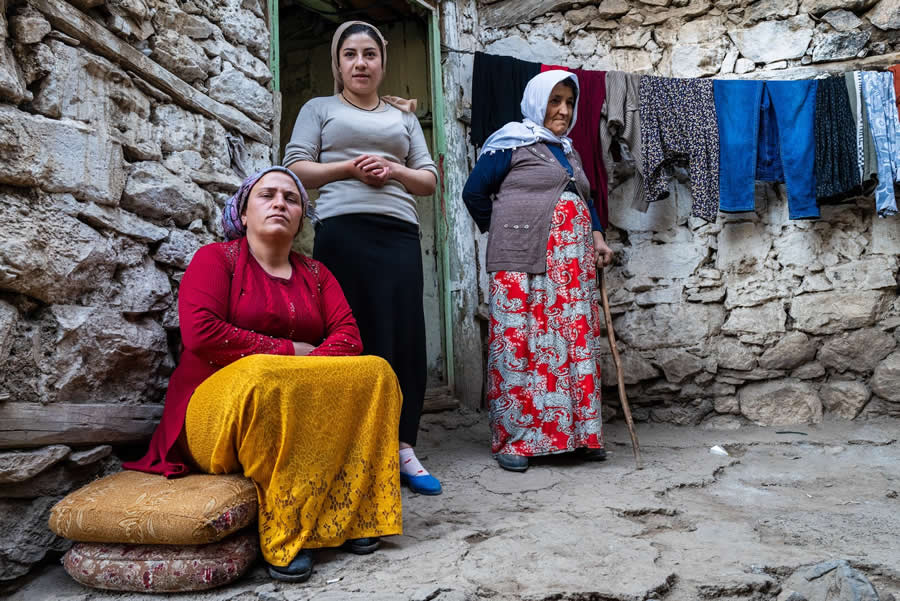
#5

#6
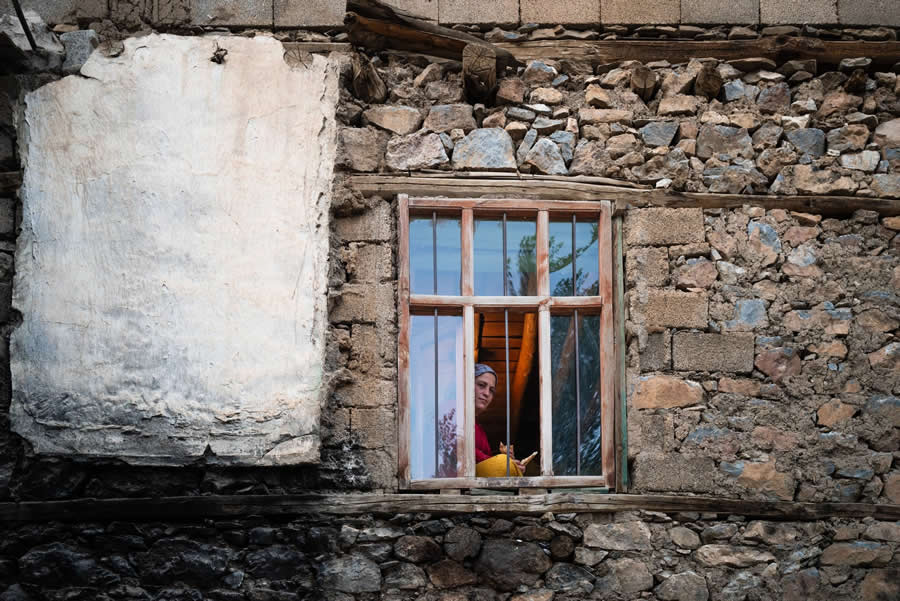
#7
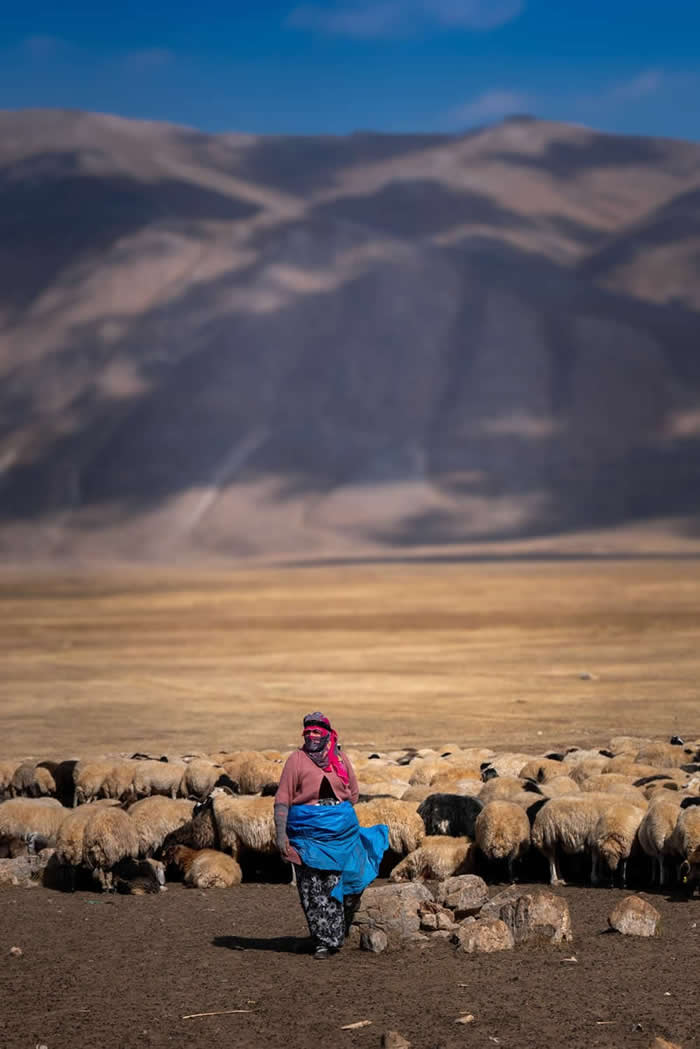
#8

#9
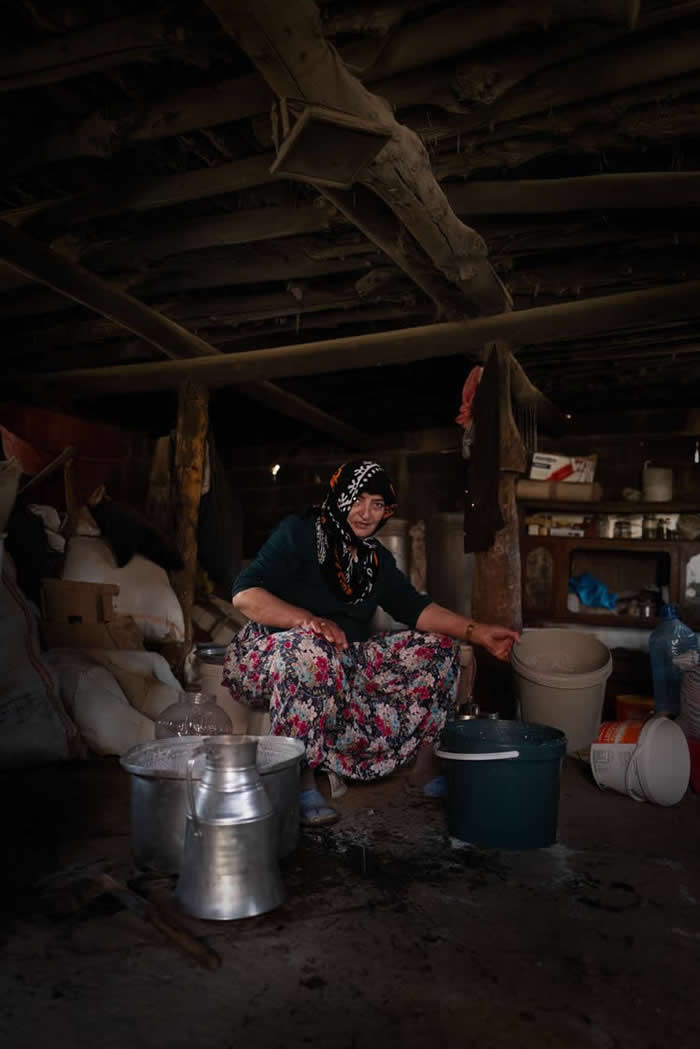
#10
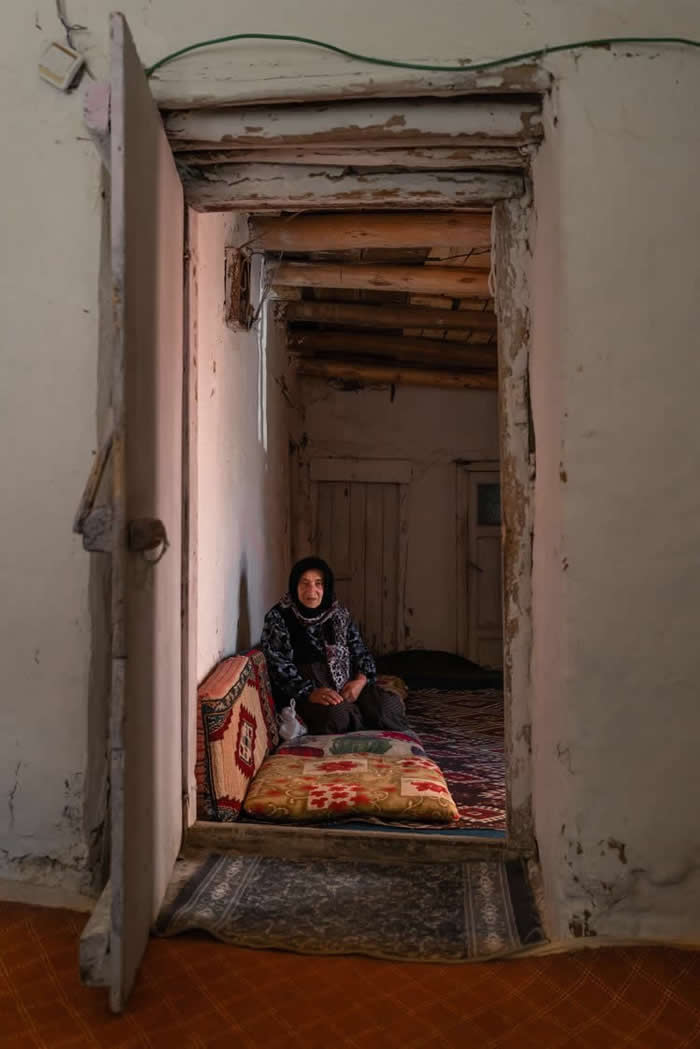
#11
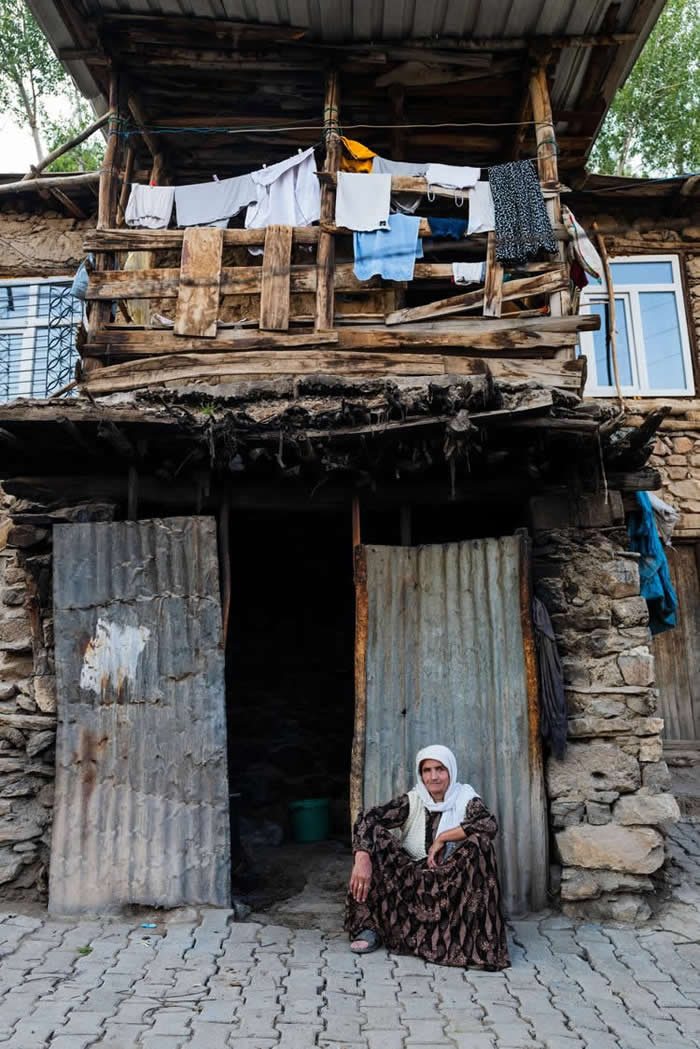
#12
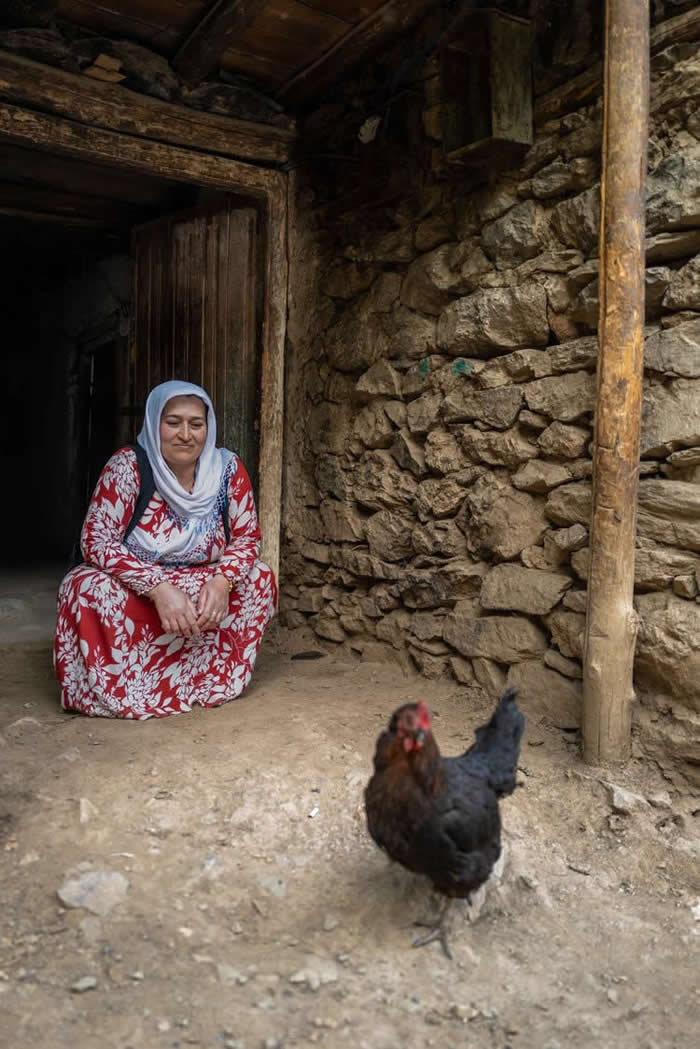
#13
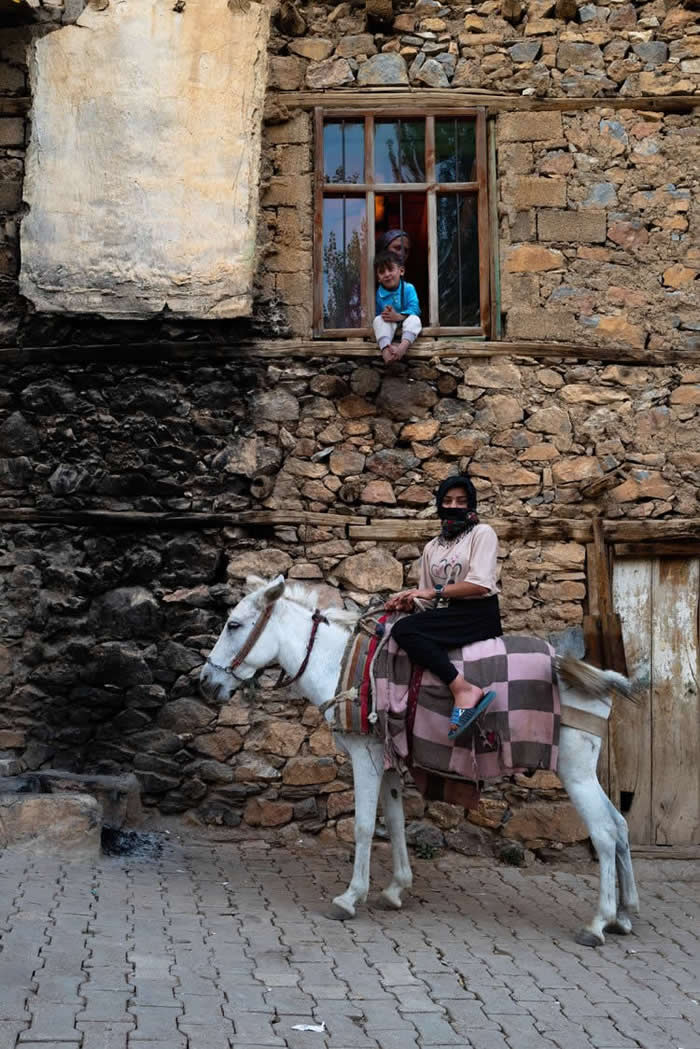
#14
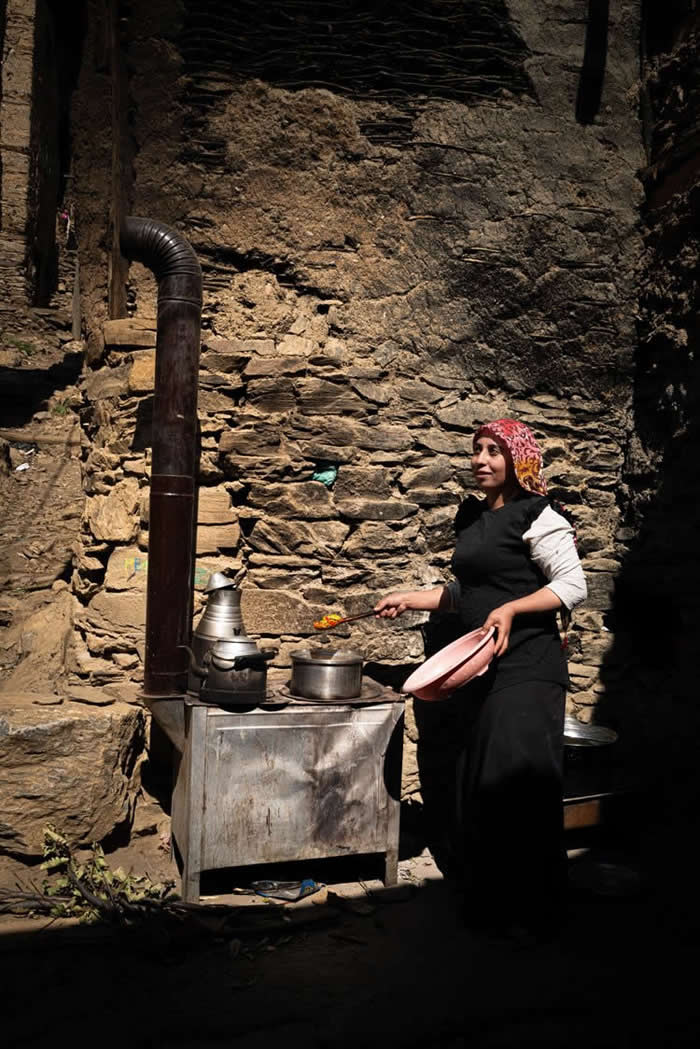
#15
